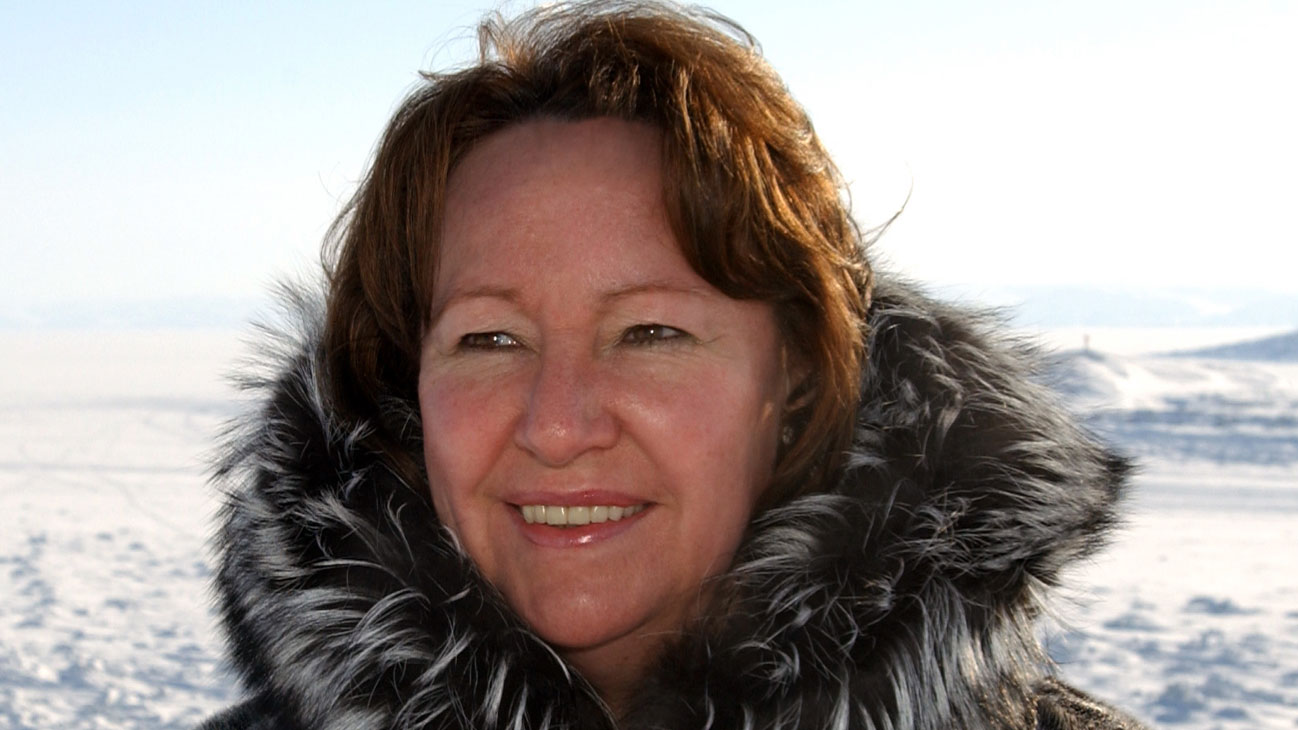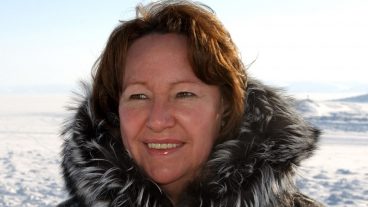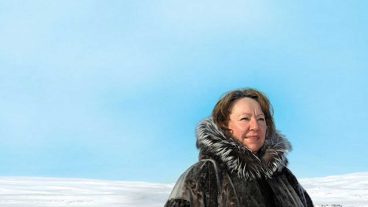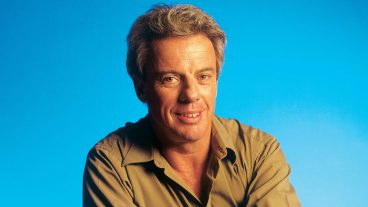Environmental, cultural and human rights advocate Sheila Watt-Cloutier is a Nobel Peace Prize-nominee for her advocacy work in showing the impact of global climate change on human rights — especially in the Arctic where it is felt more immediately, and more dramatically, than anywhere else in the world.
Sheila recently wrote an article for Canada’s National Observer, a daily digital news publication, for their special report, Race Against Climate Change. In this article, she makes an appeal to humanize climate change so we can all have a better understanding of the bigger picture of where we are today and where we’re headed if we should continue on the same path. She writes:
The world has come to know the wildlife of the Arctic more than its people. It is critical to humanize the issue of climate change because the changes that Inuit and Indigenous peoples observe in their close relationship with the natural environment provide warning and wisdom for the rest of humanity in collectively working to curtail climate change.
Below is an excerpt from the article, read the whole piece here.
We Inuit hunters, fishers and gatherers are connected culturally, nutritionally, emotionally and spiritually to the land, waters and ice. These are our universities. It is where we train our children to develop their character and life skills for the opportunities and challenges of life. Teaching wisdom on the land and the ice is the hallmark of Inuit culture. It is not only the ice that is at risk of being lost, but the wisdom that comes with it.
The permanence of ice has always been our landscape, providing our identity, our highways, our training ground, our life force, just as the permanence of rivers, mountains, plains and coastlines may shape the identity of our southerly neighbours. One must remember that this ice for us is about mobility and transportation and when it becomes precarious it immediately becomes an issue of safety and security.
The climatic changes have only added more stress and anxiety to a community with a historical context of trauma. Stress and anxiety related to climate change affects the victims of ever more extreme weather events in the north as well as in the south, whether they be hurricanes, droughts, floods or forest fires. This growing human trauma reflects the trauma that humans have been inflicting on our planet. We must make the connection that human trauma and planet trauma are one of the same.
Climate change isn’t just about starving polar bears or melting ice. It is about human rights, human health, food security, poverty, loss of traditional knowledge, and global insecurity as traditional ways of life that are lost to glacier melt, coastal erosion, permafrost melt, rising seas, extreme drought, floods and violent weather.
…
Inuit and Indigenous peoples provided life-saving guidance to early European visitors unfamiliar with the severe conditions of this land, which they ignored at their peril. With the IPCC report providing the scientific proof of ever-worsening climate change, it is time to rely on us for guidance as we are well-placed to explain in deeply human terms the climate crisis at our doorstep. We’re ready to help and lead urgent climate action.
Nobel Peace Prize nominee Sheila Watt-Cloutier is in the business of transforming public opinion into public policy. Having worked with global decision makers for over a decade, she offers a new model for 21st century leadership, and speaks with passion and urgency on the issues of today —the environment, the economy, foreign policy, global health, and sustainability — not as separate concerns, but as a deeply interconnected whole.
Sheila is also the author of the memoir, The Right to Be Cold: One Woman’s Story of Protecting Her Culture, the Arctic and the Whole Planet.
Interested in learning more about Sheila and what she can bring to your next event? Email us at [email protected].




